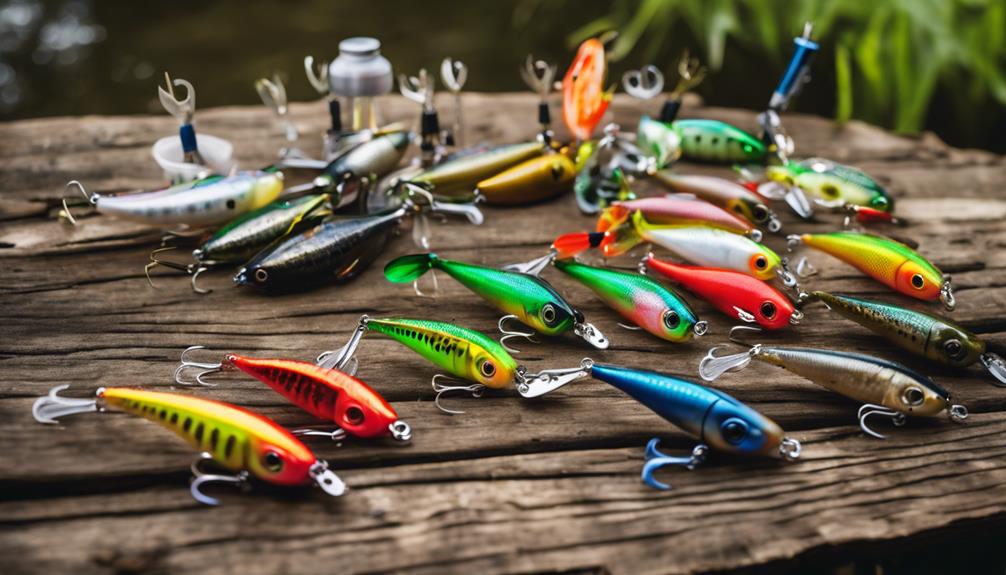What Are Fly Fishing Jobs? An Overview
Fly fishing jobs encompass a wide range of careers and opportunities within the fly fishing industry. These positions can vary from guide services, retail management, conservation efforts, and instructional roles. As the popularity of fly fishing continues to grow, so too do the job prospects in this unique and fulfilling field. Whether you’re an avid angler looking to turn your passion into a profession or someone interested in the environmental aspects of the sport, fly fishing jobs offer diverse pathways for career development.
The Benefits of Pursuing a Career in Fly Fishing
Choosing to pursue fly fishing jobs comes with numerous benefits that can enhance both personal and professional growth. For one, working in this field often means spending ample time outdoors, which can lead to improved mental health and well-being. Additionally, many positions allow for flexible schedules, particularly for freelance guides or instructors. The fly fishing community is also known for its camaraderie and support, making it a welcoming environment for newcomers and seasoned professionals alike. By working in fly fishing, you not only contribute to your own happiness but also to the conservation of aquatic ecosystems.
Types of Fly Fishing Jobs Available
There are various types of fly fishing jobs available to those interested in this niche market. Some of the most common positions include fly fishing guides, who lead clients on fishing trips; instructors, who teach the art of fly casting and tying; and retail workers in specialized fly shops. Additionally, there are roles in conservation organizations that focus on protecting aquatic habitats and fish species. Each of these jobs requires specific skills and knowledge, but they all share a common foundation in a passion for fly fishing and the environment.
Essential Skills for Success in Fly Fishing Jobs
To excel in fly fishing jobs, certain skills are essential. Firstly, a deep understanding of fly fishing techniques, equipment, and local ecosystems is crucial. This knowledge allows professionals to provide valuable insights to clients or students. Strong communication skills are also vital, as conveying complex information in an understandable manner helps enhance the learning experience for others. Moreover, physical fitness and stamina are important for roles that involve long hours outdoors. Lastly, a passion for conservation can set you apart in this field, as many employers and clients value sustainability and environmental stewardship.
Where to Find Fly Fishing Jobs
Finding fly fishing jobs can be both exciting and challenging. Numerous resources can assist in your search. Online job boards specifically designed for outdoor and recreational careers often list opportunities in fly fishing. Websites like Indeed, Glassdoor, and specialized platforms such as Orvis and Fly Fisherman can be useful. Networking within the fly fishing community is also crucial; engaging with local fly shops, attending fishing expos, and joining online forums can connect you with potential employers. Social media platforms like LinkedIn can also serve as valuable tools for job hunting and making professional connections.
The Role of Certifications in Fly Fishing Careers
Certifications play a significant role in enhancing your credentials in the fly fishing industry. While not always mandatory, obtaining certifications can significantly improve your employability and demonstrate your commitment to the profession. For instance, becoming a certified fly casting instructor through organizations like the Federation of Fly Fishers can set you apart from other candidates. Additionally, wilderness first aid and CPR certifications are often required for guiding jobs, ensuring that you can handle emergencies in remote areas. Investing in these credentials not only boosts your resume but also builds your confidence as a professional.
Future Trends in the Fly Fishing Job Market
The future of fly fishing jobs appears promising, with several trends shaping the industry. The growing interest in sustainable and ethical fishing practices is driving demand for knowledgeable guides and conservation professionals. Additionally, the rise of digital platforms has facilitated remote learning, leading to an increase in online instructional roles. As more people seek out fly fishing as a recreational activity, the need for quality retail services and equipment is also expanding. By staying informed about these trends, you can position yourself effectively within the evolving job market.
Conclusion: Making Your Move in the Fly Fishing Job Market
In conclusion, if you’re considering a career in fly fishing, there’s never been a better time to dive into this rewarding field. With a variety of job opportunities, essential skills required for success, and the potential for personal growth, fly fishing jobs can provide a fulfilling career path. By utilizing available resources and networking within the community, you can find the right position that aligns with your passions and expertise. Whether you choose to guide, instruct, or engage in conservation efforts, your contribution to the fly fishing world can leave a lasting impact on both the environment and fellow enthusiasts. Embrace your passion, and take the first step toward a rewarding career in fly fishing today!
By incorporating these insights and strategies, you can optimize your chances of landing your dream fly fishing job. Remember, the journey is as important as the destination, so enjoy the process and the adventures that come with it!
